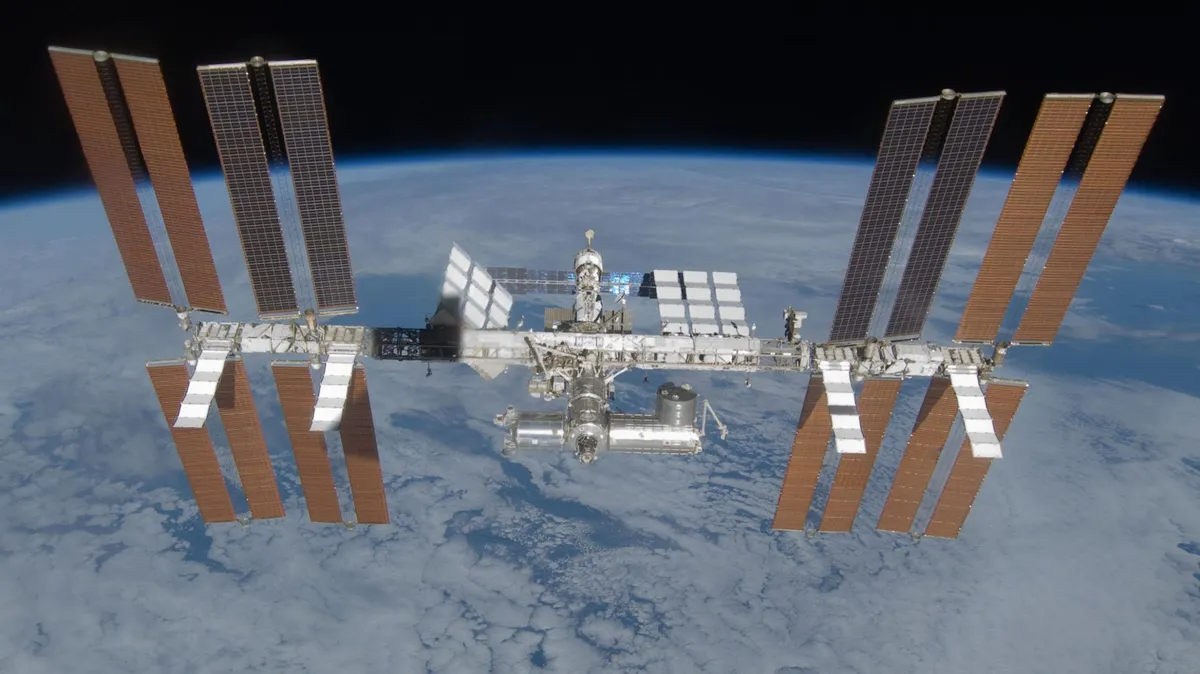
Exploring the cosmos is an exhilarating yet daunting endeavor. Astronauts face numerous challenges during their missions, including feelings of isolation from friends and loved ones, the risk of mitochondrial damage, cognitive decline, and even the possibility of being stranded for months. A recent study sheds light on another alarming consequence of prolonged space exposure: the disruption of our stem cells, which may lead to adverse health effects.
Researchers from the University of California San Diego have published groundbreaking findings in the journal Cell Stem Cell, revealing that the stressful conditions of space significantly affect the functioning of our stem cells. As lead author Catriona Jamieson explained in an interview with CNN, stem cells are naturally inclined to remain inactive, or "sleep," for approximately 80% of the time. However, the unique environment of space, characterized by microgravity and cosmic radiation, disrupts this resting state, causing these essential cells to remain perpetually awake and stressed.
Just like humans, these sleep-deprived stem cells become exhausted and struggle to perform their vital functions. They are responsible for generating specialized cells, such as those found in bone marrow. When stem cells are unable to fulfill their roles, the body experiences accelerated aging. Jamieson highlighted a startling fact: stem cells in space age at a rate ten times faster than those on Earth, raising significant concerns about the long-term health of astronauts.
The implications of these findings go beyond mere exhaustion. The study indicates that the stress experienced by stem cells in space can activate dormant viral genes within our DNA, effectively turning us into a "zombie." According to Cold Spring Harbor Laboratory, approximately 8% of our DNA consists of remnants from ancient viruses, while an additional 40% may also have viral origins. Essentially, a significant portion of our genetic makeup is linked to these ancient pathogens.
As Jamieson points out, the unique conditions of space can trigger these dormant genes, leading to potential health risks. The activation of these viral remnants could contribute to various degenerative diseases. Given that our evolutionary history has intertwined with these ancient viruses, the prospect of cosmic radiation reactivating them is a cause for concern. After spending time in orbit, stem cells may begin to exhibit pre-leukemic characteristics, which could pose serious health risks for astronauts.
As humanity embarks on more ambitious space exploration missions, addressing the health consequences of sustained exposure to space is crucial. Understanding how to mitigate the effects on our stem cells and overall health will be vital for the success of long-duration missions. The silver lining, however, is that stem cells show signs of recovery once astronauts return to Earth, allowing for a chance to regain their functionality and health.
In conclusion, while the view from space may be breathtaking, the challenges faced by astronauts are considerable. The recent study underscores the need for ongoing research into the effects of space travel on human health, especially concerning stem cells. As we venture further into the cosmos, it is essential to prioritize the well-being of those who dare to explore the final frontier.